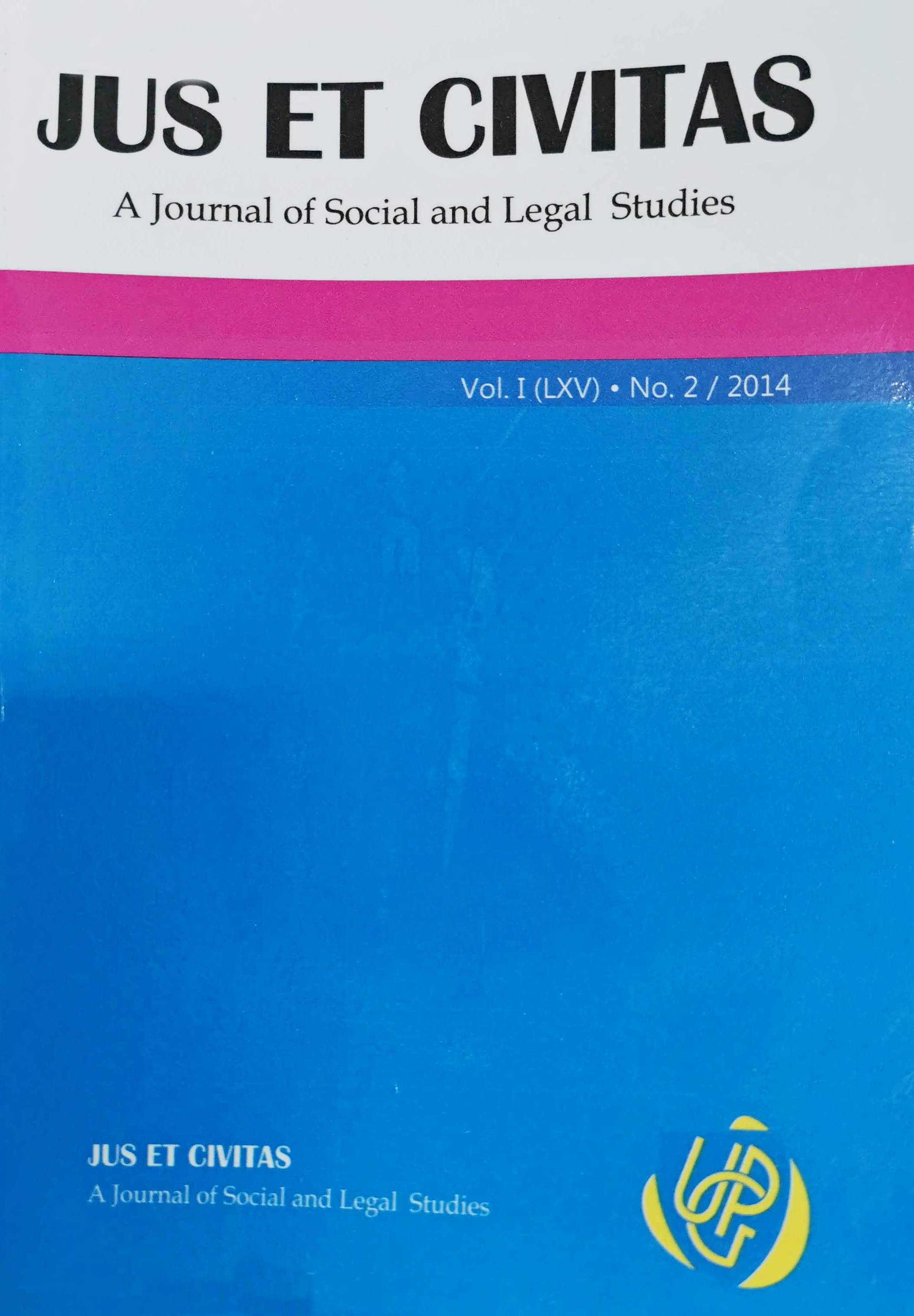PRIVATE OWNERSHIP ACQUISITIONS MODE
PRIVATE OWNERSHIP ACQUISITIONS MODE
Author(s): RĂDULESCU Dragos LucianSubject(s): International Law, Law on Economics, EU-Legislation, Commercial Law
Published by: Editura Universitatii Petrol-Gaze din Ploiesti
Keywords: ownership; right; private; public; recovery;
Summary/Abstract: Regarding private property, Article 555 of the Civil Code defines the ownership right as the possibility of the holder to own, use and dispose of a good exclusively, perpetually and absolutely, in their own interest. Of course that objects of private property rights1 are only private assets that do not belong to public property, as well as those which are the subject of special provisions because of their importance, such as drugs. However, even territorial administrative units can have assets in private property, together with natural or legal persons of private law. As attributes of the right of private property we mention the possession2, use, and disposal thereof. Possession can be identified with the possibility of the right holder to directly and immediately manage the asset, in their interest. Use refers to the ability of the right holder to use and exploit their asset or not, in their own interest, and disposal, be it physical or legal, assumes legal disposition over the substance of this good through consumption or processing. On the other hand, the legal characteristics of the right to private property are represented by its absolute, exclusive, and perpetual nature. The absolute character is determined by bringing together in the same person of the three attributes of law described above. The exclusive nature allows the holder of the right to solely exercise the attributes of his entitlement, all other persons being bound not to do anything that might undermine this right. In addition, the ownership right can never be lost through disuse or the death of the right holder, as it is not limited in duration. This does not mean, however, that the ownership is not limited in its content, the law or the Convention of parties bringing some restrictions in its pursuit. From the point of view of these limits, the legal ones may be in the public interest, represented by the administrative, cultural, economic or fiscal interest or in the private interest, hereinafter referred to as easements.
- Issue Year: LXV/2014
- Issue No: 2
- Page Range: 39-48
- Page Count: 10
- Language: English

